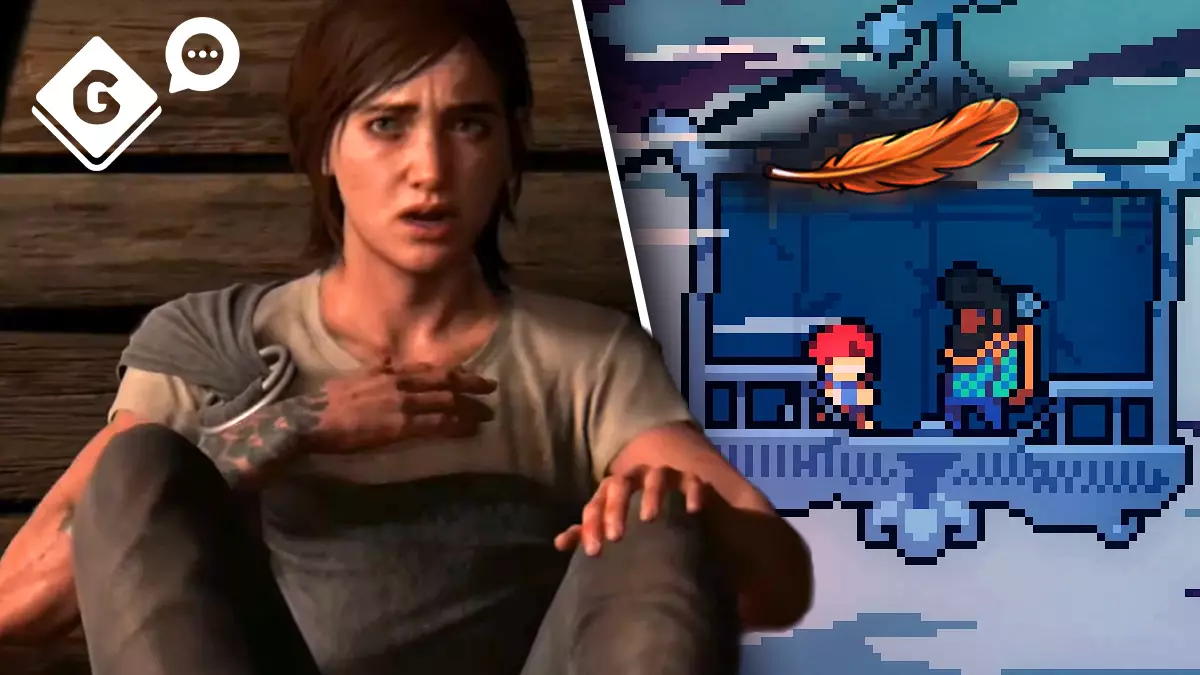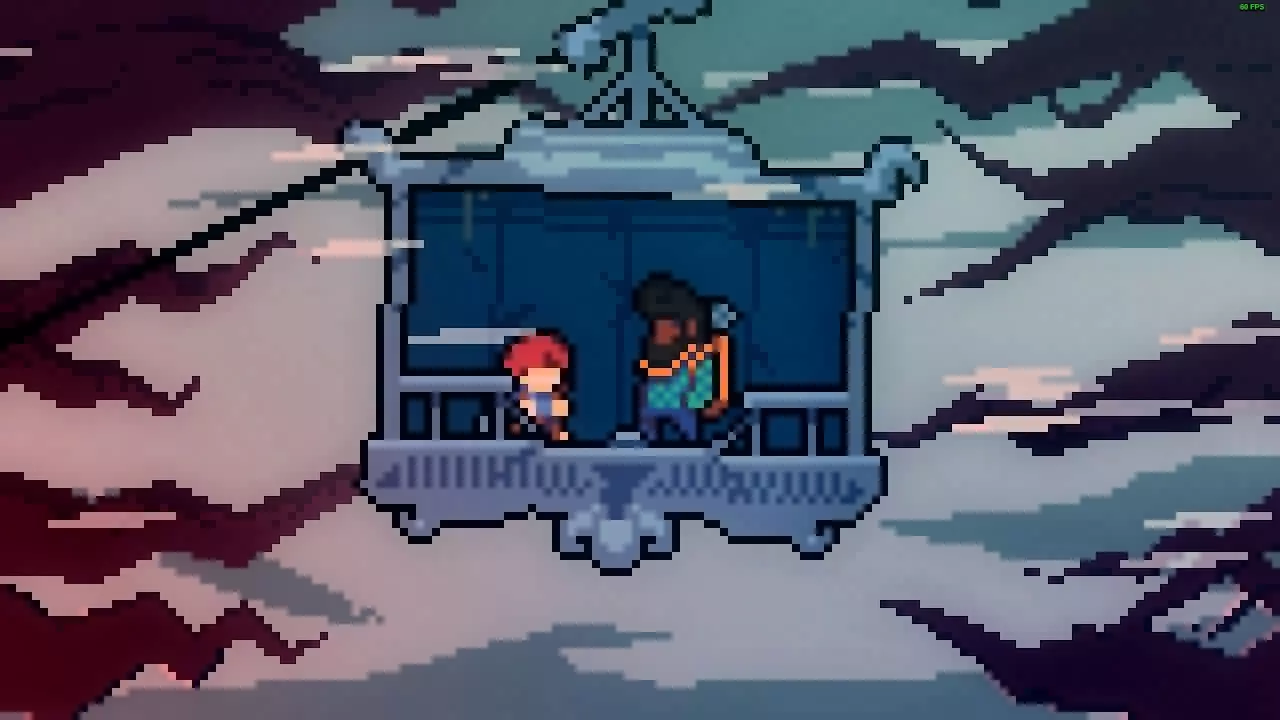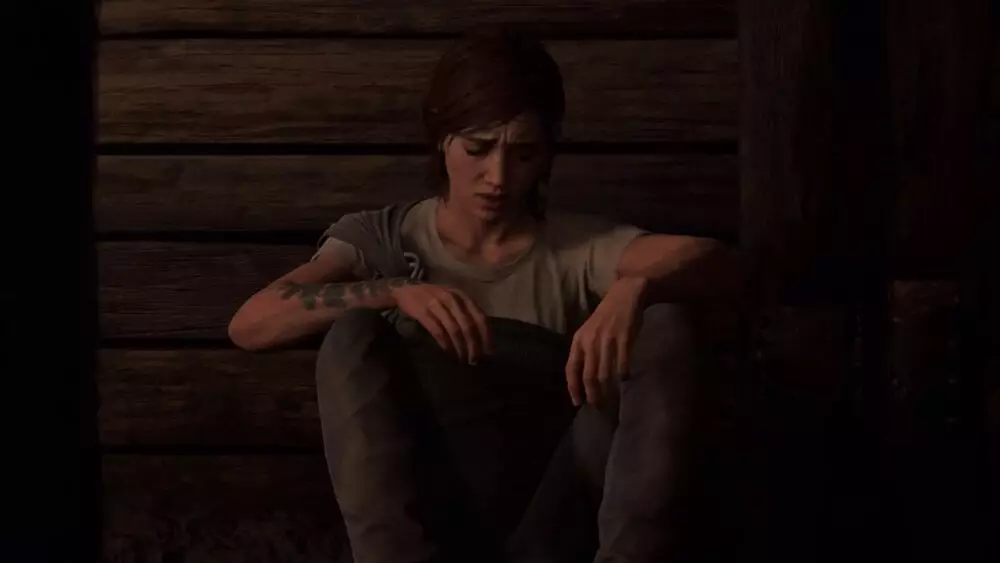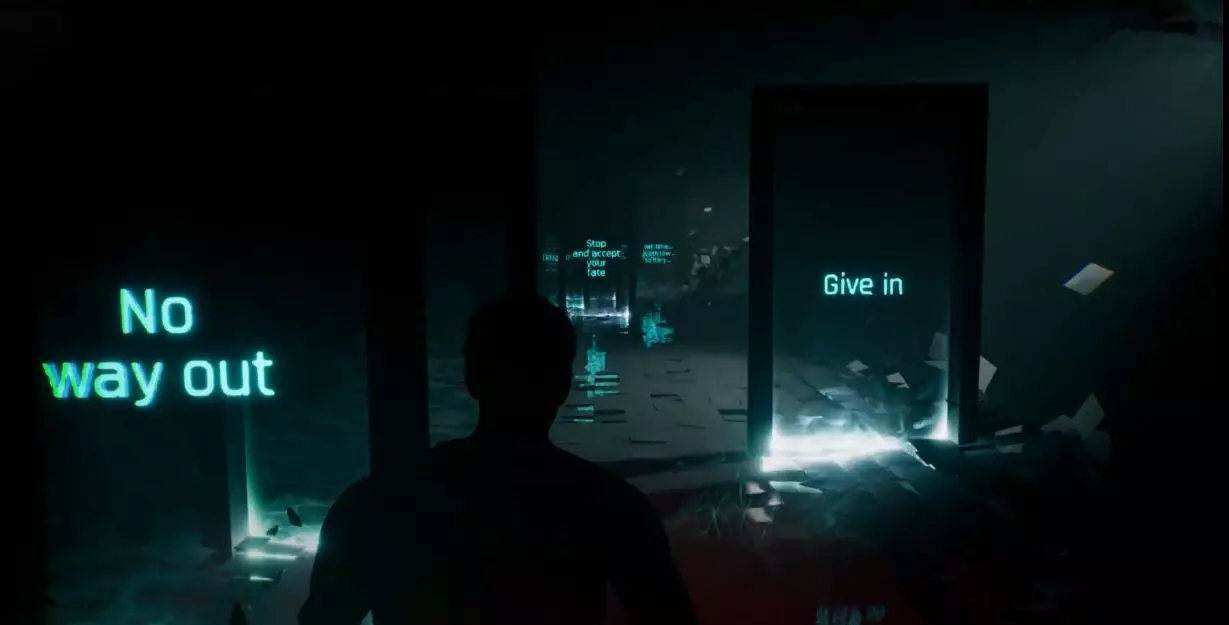
I've suffered with panic attacks for as long as I can remember, the earliest going back to when I was seven years old. If you've ever experienced a panic attack, I think you'll agree with me in saying that it's an experience you wouldn't wish on your worst enemy.
Of course, when I was seven, I had no idea what my mind and body were experiencing so just brushed it off, forgot about it and went to play with my Pokémon cards. I remember times where I wouldn't be able to breathe and would burst out crying in front of my friends, parents or teachers and no one really knew what was going on.
A few years ago I planned to travel around Europe with a mate but only got as far as Paris before I booked a ticket back home because I was in a cycle of panic attacks which, looking back, were completely irrational. I would have done anything to stop feeling the panic that I was going through. I've always been very embarrassed about my panic disorder and try to hide it from others; but I feel ashamed about this one in particular because it affected a friend, not just me.
Advert
I love traveling and experiencing new things, my brain just wouldn't let me - and more importantly, I still didn't know what was going on. At this point I was 20 years old and couldn't just forget about it like I could when I was younger - enough was enough.
I spoke to my GP, who was great, and after a short wait, I had a course of cognitive behavioural therapy (It sounds scarier than it is). Honestly, when my therapist told me what I had been going through my entire life was a series of panic attacks, and that it was a natural fight or flight reaction, I felt like the world had been lifted from my shoulders. I would recommend CBT to anyone going through any mental health challenges - I consider it one of the best things I've ever done.
I also learnt that mental ill health like depression, anxiety or panic disorder aren't things you can "man up and beat". They will always be there but you can and will manage. A good quote that I read somewhere (which is a bit of a cliché but has stuck with me) is, "Panic attacks are like the ocean, you can't control the tide but you can ride the wave to shore."
If you haven't experienced a panic attack, it's very difficult to understand exactly what one is - which is why it's so important that media portrays them accurately. Over the past few years, video games have tackled mental health issues like depression, anxiety, PTSD and schizophrenia in various thoughtful ways. Even so, there aren't too many that highlight panic disorder correctly. That could be because it can be tricky to visualise. Sometimes, if I can feel one coming on, I go really quiet and take myself somewhere to be alone, which wouldn't exactly be interesting to watch or play through in a game.

One game that depicts a panic attack almost perfectly is Celeste, a wonderful platformer from Maddy Thorson. Protagonist Madeleine decides to climb a mountain while dealing with her own self-doubt, anxiety and, in one particular scene, a panic attack. Visually, the world around her claustrophobically closes in as the music ferociously speeds up and gets louder. It's clear to see Madeleine's fight or flight reaction has kicked in, resulting in panic. To anyone who hasn't had a panic attack, this is an astonishingly real way to portray one.
Advert
The game shows you a technique to help deal with an attack: visualise a feather in front of you, and as you breathe in and out imagine the feather rising and falling. It's a strategy that I've used to calm myself down in times of need. From a quick Twitter search and reading through YouTube comments, it's clear that the feather technique has helped countless others as well - it's not often you get a genuinely useful coping method from a video game.
Once Madeleine is over the worst, there's an almost serene tranquility - a peaceful realisation that everything is in fact okay - empathetically illustrating the calm after the storm that is often forgotten.
Advert
The first time I played through Celeste, I was not only infatuated with the game itself, but positively surprised that a game could portray a mental health issue, something that I've gone through myself, in such an accurate way.
Other games that have shown characters having panic attacks include The Last of Us Part II and Twin Mirror. In Naughty Dog's critically acclaimed sequel, Ellie has a PTSD-induced panic attack. Panic can be triggered by pretty much anything at any time; in this case, a previous traumatic event. A lot of AAA games or movies highlight panic being caused by a majorly distressing event, which of course is a valid reason to cause alarm and anxiety. However, as well as these super visual and terrifying episodes, it would be relatable to many across the world to show a protagonist having a panic attack as a result of something more mundane, such as starting a new job.
You can panic about anything and that's okay, you shouldn't feel ashamed for worrying about a relatively 'insignificant' part of your day. It's also possible to have an attack triggered simply by being in a similar environment or even smelling something that you associate with a previous one. Perhaps it's not as dramatic but if done suitably, it could help players resonate with the characters they're playing. I don't want to downplay the trauma behind PTSD here - I simply think it would be useful in combating stigma if more people understood that panic attacks can be triggered by normal, everyday things too.
Advert
The TLOU2 sequence shows Ellie in almost a trance-like terror, in a tight corridor with negative thoughts surrounding her. Back in the 'real' world, she struggles to breathe or even talk to her partner Dina about what's going on. Showing Ellie here, in my opinion, is more powerful than any alternate reality that is so often used to visually explain what's going on in someone's mind.

Dontnod Entertainment's Twin Mirror explores the ideas of how mental health can make you act irrationally, shown with main character Sam's 'Mind Palace' (basically an alternate reality). At one point, Sam wakes up with blood on his shirt, triggering thoughts about what may have happened, causing him to have a panic attack. You're thrown into this dark room where a half-naked Sam has to run past mirrors with negative thoughts or feelings and smash through the mirror with a more positive reflection. Oh, all while being chased by a shadow of yourself.
Sure, this kind of shows the illogical fear that one goes through, but I can't help but to feel it's almost trivialising a panic attack. Of course there's no malintent from the developers, they've just made a panic attack into a weird minigame.
Advert
One of the best things I learnt in my CBT course was that to help prevent my body from having physical reactions to my panic, I had to rationalise my thoughts and change them into more positive ones. And that is the main takeaway from Twin Mirror's representation.

One in four adults in the UK have been diagnosed with a mental health illness, with almost definitely hundreds of thousands more suffering in silence. The most common mental health issue in England is depression (19%), followed by panic attacks (8%) and generalised anxiety disorder (6%) (Source: NHS).
It's vitally important that forms of media, like video games, represent mental ill health accurately. Not only will it help those in need but will also increase awareness and reduce any discrimination and stigma associated. I didn't know that I had panic disorder until I'd had it for 13 years, but perhaps if I'd played a game like Celeste when I was younger I may have thought, "Hey, that's what happens to me," and may have done something about it earlier.
---
There are various resources that can help provide mental health support, including MIND, Samaritans, Safe In Our World and CALM:
www.mind.org.uk
0300 123 3393
www.samaritans.org
116 123
Topics: Mental Health, The Last of Us Part 2